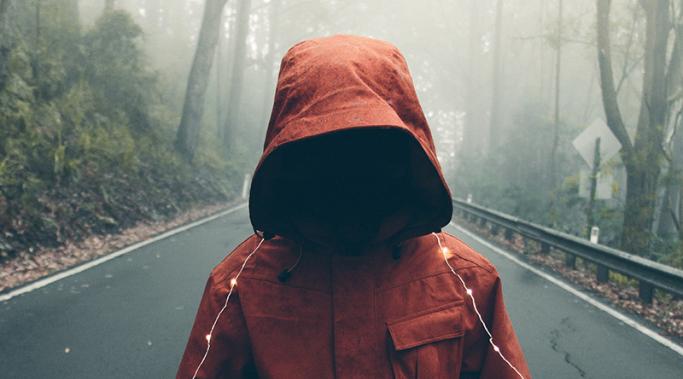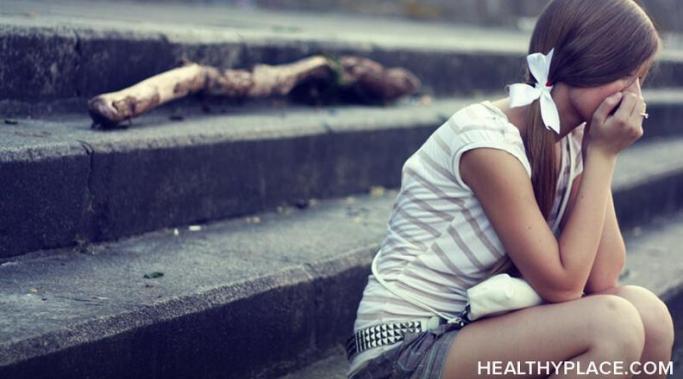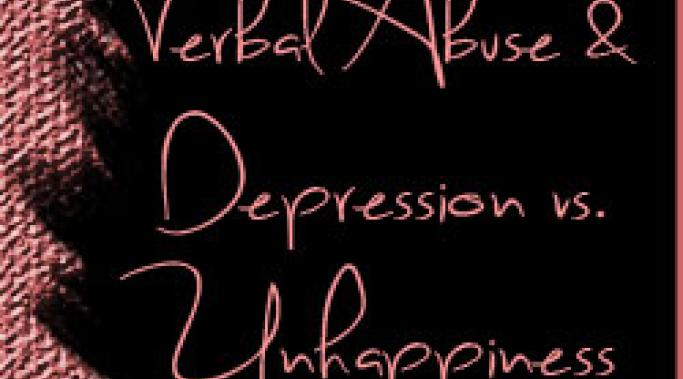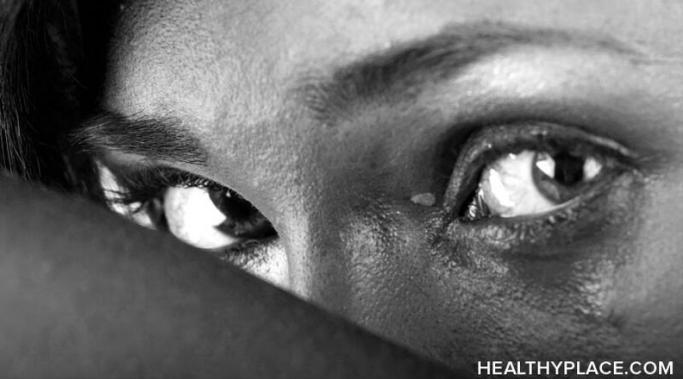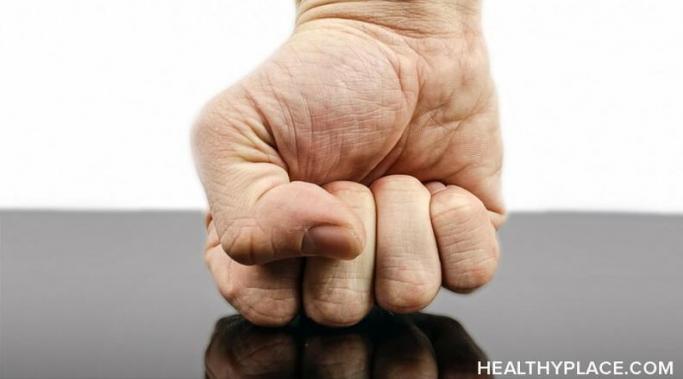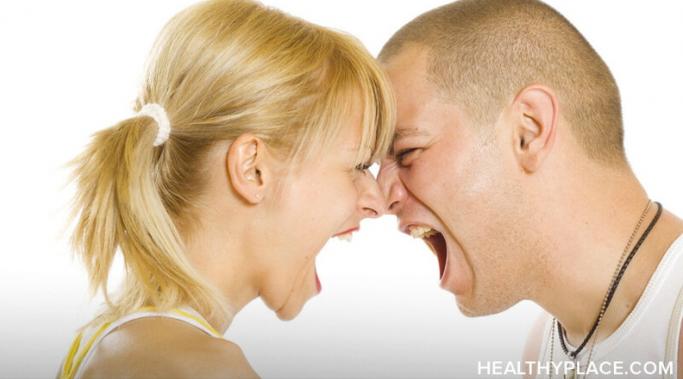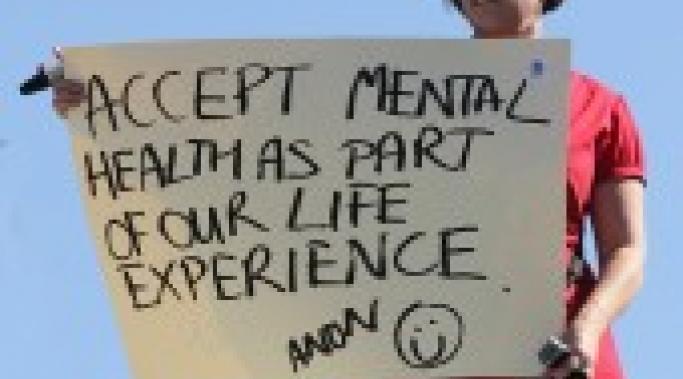Continued From The Fairy-Tale Beginning
Storytellers leave out the middle portion of our fairy-tale because it occurs behind palace walls, secreted away from the prying eyes of peasants. The princess, swept off her feet, rides into the sunset with our knight, heading to his land and his castle. He promises love never-ending, and the princess cannot wait to begin life with him by her side. Her woodland friends promise to visit soon, and all seems well...
Disorders Resulting from Abuse
Many abuse victims suffer from posttraumatic stress disorder (PTSD), me included. The other day in the middle of writing the post about my ex's abusive anger, I had to take an hour break before I could finish it. My body reacted the same way it did when my ex ran up on me--panicky, wobbly, . . . fearful. It helps to know what is happening at times like these. If I didn't know that PTSD influenced me both physically and emotionally, I may think I was just plain stupid for still being this way. As it is, I recognize the PTSD symptom and take necessary steps to ground myself and bring myself back into the present to deal with the PTSD and the memories of abuse.
I've often wondered if the effects of abuse changed who I am permanently or temporarily. I run into trouble with this question because I was in the abusive relationship for almost half of my life. If I compare myself to how I was at 20-years-old (after I married him), I'm not sure I can answer that question. After all, in any normal relationship I would naturally change across the span of two decades.
Yesterday, Andi commented on Victims Think They May Be The Abuser. Andi said:
. . . I reached the point where I feared that the emotional / verbal abuse was going to move towards physical abuse. It has been a long time since this happened. I've moved far away and started over, but I'm still scared, feeling PTSD symptoms, and can't seem to move on. I want so desperately to be whole again. Any thoughts and help would be greatly appreciated.
I saw a quote recently that said, "Before you diagnose yourself with depression, make sure you're not simply surrounded by jerks." Abuse in relationships does cause depression over time, but being depressed and being unhappy are two different beasts. More than likely, a doctor's diagnosis of depression will overshadow your chronic unhappiness, and instead of seeking to solve the cause, you will resort to treating the symptom (the depression).
Domestic abuse and depression share many symptoms. A long time ago, I told my doctor how I felt and he instantly diagnosed me with depression. Unfortunately, way back then, I don't think I had depression yet. I think the symptoms of domestic abuse were my problem. Unfortunately, the doctor didn't ask about domestic abuse, just depression. Maybe now, 20 years later, doctors do ask about domestic abuse and depression during the same visit.
Kristen read the post comments for Abuse Victims and Abusive Anger and asked "How do you prevent creating friendships based on a power-control dynamic and how do you escape the anger that fuels them?"
Wow. Kristen is headed for success in her relationships because she is asking great questions.
The story I want to tell you today happened between my ex and me over two years ago when we were still together. At the time, I knew he was abusing me. I realized that there was little hope that he would change. I didn't want to leave my marriage, but I was beginning to think there was no real marriage to leave anyway.
Looking back, I remember my internal struggle to find an elusive peace. I longed for a partner who loved me and would work with me through life's trials and celebrate its joys. I so wanted a normal conversation, a nice conversation without the abusive junk lurking underneath the surface. I was hoping my life away.
If you see yourself in the following story, please think long and hard about whether you want to wait it out to see if your partner decides to change. Remember that the abuser finds great benefit in abusing, otherwise s/he would have changed long ago.
Once upon a time, I didn't realize my ex was abusive. There were many reasons and excuses for deluding myself into thinking the problem was a relationship issue, and that we were equally at fault for the trouble in the marriage.
By the time I came to terms with the fact that my ex was abusing me, that he was an abuser, I also realized that I had abused him, too. I had called him names, allowed my temper to overcome my sense, even slapped his face once and thrown keys at his head hoping my aim would, for once, be perfect.
My little boys' faces lit up each Christmas morning when they saw proof of Santa's handiwork. Those memories are some of my favorites, but I can't relive the entire Christmas morning memory without including my ex-husband's scathing words "Where the hell did we get this kind of money?!"...and right there, the warm memory turns cold.
During Christmas of 1992, I was fortunate to visit the Moulin Rouge - the hang out of one of my favorite artists, Henri Toulouse-Lautrec. Although I was going for the art, most of the tour group went for the show consisting of countless scantily clad women - a show I was uncomfortable with attending but thought it worth it to soak in the call-girl atmosphere Henri so enjoyed in his day.
As I buttoned my gorgeous purple pant-suit, my husband said, "Your butt is getting wide."
